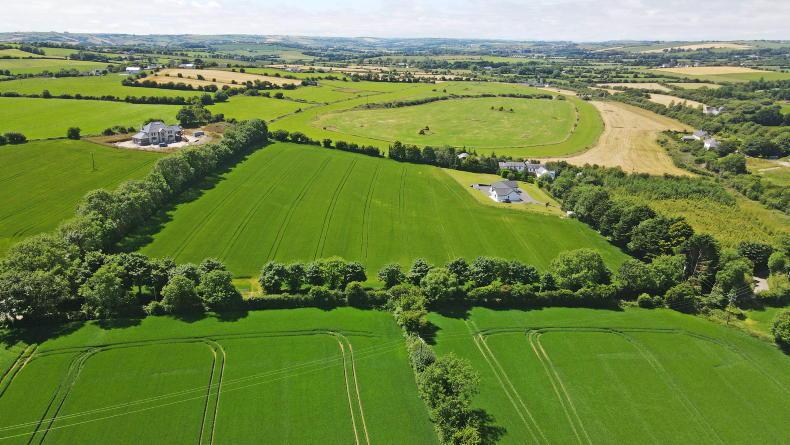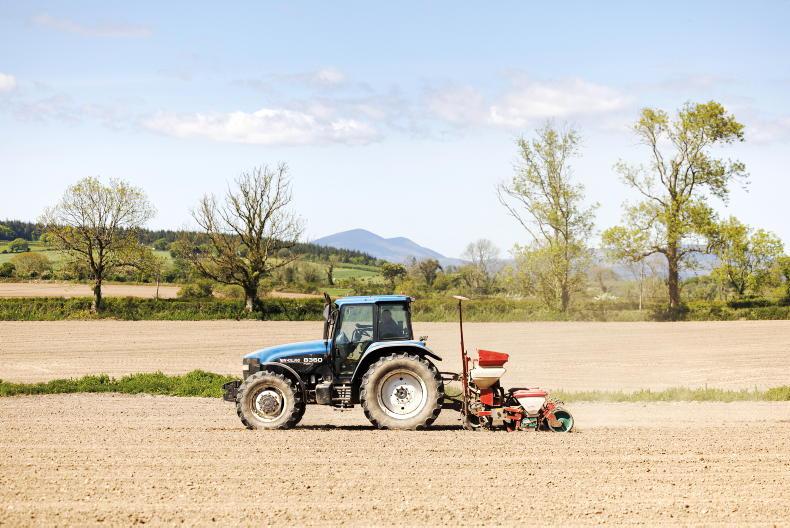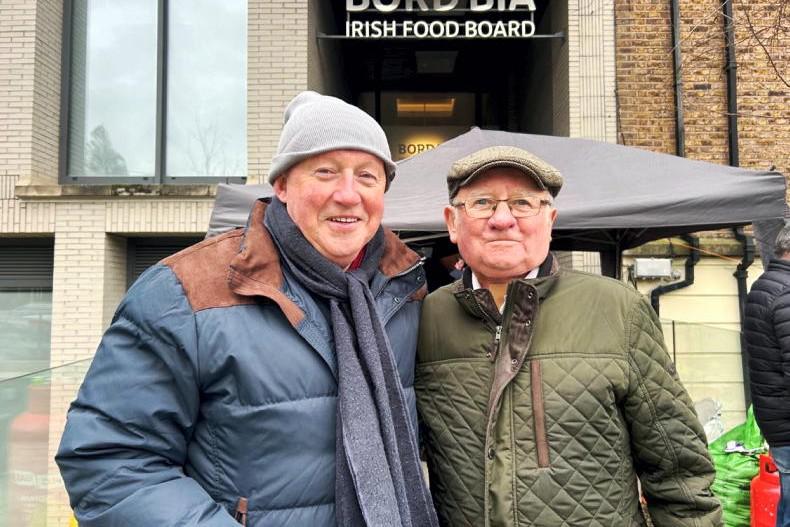The Government is being advised to increase the tax take from family farm transfers, according to a leaked document.
The Commission on Taxation has proposed that the threshold for capital acquisitions tax (CAT) be "reduced substantially".
It has also recommended that agricultural relief, which lowers the CAT liability farmers face, be reduced from the current 90% to 80%.
The joint effect of these measures would be to significantly reduce the value of agricultural assets that could be transferred without incurring a tax liability.
Current taxes
Currently, the tax-free threshold for transfers from a parent to a child stands at €335,000. This means that no tax applies on assets below this value.
Agricultural relief can be claimed if the inheritor is a trained and active farmer and if 80% of their assets are agricultural assets.
It reduces the asset value by 90%, effectively meaning the threshold for a parent/child transfer of farmland is €3.35m.
This threshold has reduced significantly - it stood at €542,544 in 2011, which, with agricultural relief at 90%, meant a €5.5m tax-free threshold.
The effective tax rate has also increased in recent years, with any taxable asset being levied at 33%, compared with 22% a decade ago.
Stamp duty is also liable on transfers.
Where a farm is being transferred to a relative other than a child, 'favourite niece/nephew' status can be claimed.
To qualify, the inheritor must prove an significant involvement in the running of the farm over the previous five years.
What is the Commission on Taxation?
The Commission on Taxation and Welfare is a group tasked by Government "to independently consider how best the taxation and welfare systems can support economic activity and promote increased employment and prosperity in Ireland".
Rowena Dwyer, formerly chief economist of the Irish Farmers' Association and now of Enterprise Ireland, sits on the 13-strong commission.









SHARING OPTIONS